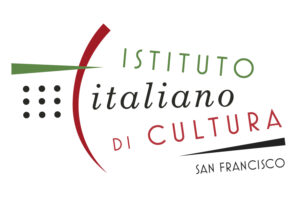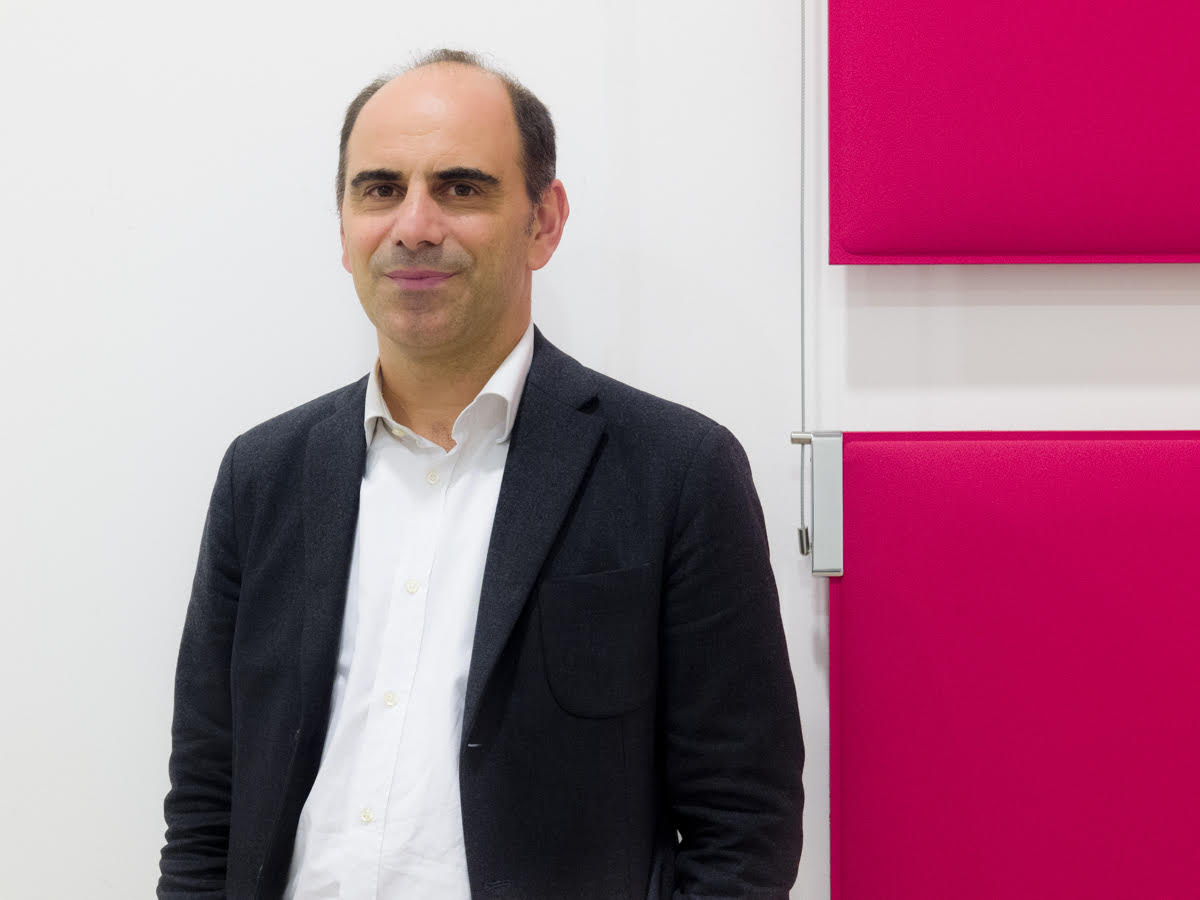Click here to register for this event.
Click here to purchase a copy of The Venice Ghetto: A Memory Space That Travels from Afikomen Judaica.
Editors Chiara Camarda, Amanda K. Sharick, and Katharine G. Trostel will present their newly published collection, The Venice Ghetto: A Memory Space That Travels (University of Massachusetts Press, 2022). The Venice Ghetto was founded in 1516 by the Venetian government as a segregated area of the city in which Jews were compelled to live. The world’s first ghetto and the origin of the English word, the term simultaneously works to mark specific places and their histories, and as a global symbol that evokes themes of identity, exile, marginalization, and segregation. To capture these multiple meanings, the editors of this volume conceptualize the ghetto as a “memory space that travels” through both time and space.
They will also address the way in which the Ghetto speaks to contemporary issues and serves as a laboratory for thinking about the most critical challenges facing the globe, including nationalism, forced migration, climate change, and pervasive structural inequalities that span historical and geographic boundaries. They will be joined by contributors Murray Baumgarten and Shaul Bassi.
Co-presented by the Italian Cultural Institute of San Francisco.

Murray Baumgarten, Distinguished Emeritus Professor of English and Comparative Literature at the University of California, Santa Cruz, has taught modern imaginative literature at the campus for over fifty years. In recent years he has explored the literature of the ghetto. How to see around the Ghetto’s high walls and reclaim Jewish experience continues to center his thinking, writing, and teaching.
Shaul Bassi is professor of English literature and director of the Center for Environmental Humanities at Ca’ Foscari University of Venice. He is the cofounder and president of Beit Venezia: A Home for Jewish Culture and was the coordinator of the cultural projects related to the 500th anniversary of the Ghetto of Venice, where he spearheaded the production of the first performance of Shakespeare’s The Merchant of Venice in the Ghetto. His books include Visions of Venice in Shakespeare (co-edited with Laura Tosi, Ashgate, 2011), Experiences of Freedom in Postcolonial Literatures and Cultures (co-edited with Annalisa Oboe, Routledge, 2011), Essere qualcun altro: Ebrei postmoderni e postcoloniali (Palgrave Macmillan, 2011), and Shakespeare’s Italy and Italy’s Shakespeare: Place, “Race,” and Politics (Palgrave Macmillan, 2016).

Chiara Camarda completed a PhD at Ca’ Foscari University of Venice in 2017 with a dissertation titled “Tracing the Hebrew Book Collection of the Venice Ghetto.” She then worked at a research project sponsored by the Catholic University Center of Rome and the Memorial Foundation for Jewish Studies of New York cataloging the early Hebrew books kept in Sicilian libraries. Camarda is also a librarian specializing in Hebrew book cataloging and is currently working at the I-tal-yah national cataloging project managed by the Union of Italian Jewish Communities, the National Library of Israel, and the National Central Library of Rome. Her publications include “Il patrimonio bibliografico ebraico in Sicilia” in Materia giudaica 25 (2021); “Il Sefer Or ha-Śekel di Avraham Abulafia e i commenti aggiunti nel Ms 12 della Biblioteca .וטגה לש םירפסה Fardelliana di Trapani” in Materia giudaica 24 (2019); and sections of I libri del Ghetto: Catalogo dei libri ebraici della Comunità Ebraica di Venezia (secc. XVI–XX) (Padua: Il Prato, 2016).
Amanda K. Sharick received her PhD in English from the University of California, Riverside. She specializes in late nineteenth-century British and related literatures, Victorian media and visual culture, Jewish studies, gender studies, and immigrant literature. Her research project traces the transatlantic networks of Anglo and American Jewish women writers from 1880 to 1923. A founding member of the Venice Ghetto Collaboration, Sharick is currently an assistant dean of students in the Graduate Life Office at Stanford University.
Katharine G. Trostel completed her PhD in literature at the University of California, Santa Cruz, and is assistant professor and chair of English and the humanities at Ursuline College in Ohio. She is cofounder of the Venice Ghetto Collaboration and coauthor (with Amanda K. Sharick and Erica Smeltzer) of the chapter “Reading-in-Place and Thick Mapping the Venice Ghetto at 500” in Doing Memory Research: New Methods and Approaches (Palgrave, 2019).



